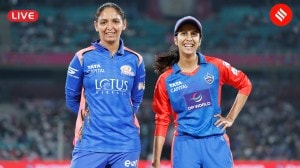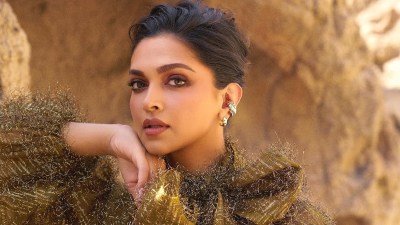Fast Talkers
Commentators of the Pune racing season past masters at creating a momentum with mere words share the highs of calling out the winning horse and how they cant lose focus for a split secon
Theres a loud clap of the gates swinging open,the horses fly out and the watching crowd erupts in a deafening roar. The horses run so fast that all you can really see are flashes of a hoof,or a tail,as they race away,leaving a cloud of dirt and dust behind. There is a cacophony of sounds and rising over the din is the voice of the commentator,keeping tabs on whats really happening on the track. The commentators voice builds up pace and fervour,rousing the crowd to greater excitement,until the last moments of the race,when he calls out the winning horse and the crowd splits into the thrilled and the disappointed.
Imagine,at this point,if the commentator makes a mistake in calling the winning horse. Theres nowhere you can hide when you make a mistake like that, says Mahendra Mallya,one of the two commentators for the Pune racing season.
Its not a regular nine-to-five job. In a regular job,you can do your homework and come prepared. But theres no way to prepare for a race commentary. There are no rehearsals,no retakes. A 1,000 metre race usually ends in under-a-minute,and you have to correctly identify each of the horses and call them. You cannot shift your attention for even a second. Its a very exciting job,and very tough,too, he says.
Its the very challenge of this job that thrilled Mallya the first time he went to a race course. I used to give pretty good commentary for cricket. Then,one day,a match got cancelled and I happened to visit the Bangalore Turf Club. I saw the horses running and listened to the commentary intently. It fuelled my imagination, he says. On his first day as a race commentator,Mallya remembers being extremely nervous,but his fellow commentator,Deepak Rajpal calmed his nerves. Rajpal went on to become Mallyas mentor and co-commentator for the next 24 years.
Rajpal says his career began much the same way. He had wanted to become a cricket commentator but,after a visit to the race course in Bangalore,he forgot about cricket. He explains that those doing his job must love horses,be dedicated and be sharp. Mallya chips in with an anecdote,Deepak and another commentator were at a race. But right before the race began,the other commentators chair broke and he feel backward. Anyone else would have taken time to understand what was happening,but Deepak immediately leaned towards the mic and gave a flawless commentary, says Mallya.
Ask him what the hours are like,and Mallya says,We dont have hours,we have minutes. With such little time to really do the job,the commentators have to speak incredibly fast and ensure they make no mistakes. Ideally,we would like it to be slower,but its just too exciting. The decibel levels are really high among the crowds as well,so we have to speak over all that noise. We start on a high note and build up to a crescendo and sometimes,in the final 200 metres,were running out of steam, says Mallya.
With all the pressure to do the job fast,and to do it right,can the commentators really even enjoy the races? It gives us a high to be on the mic and to do a good job of it, says Mallya,proving why they are the best men for the job.







